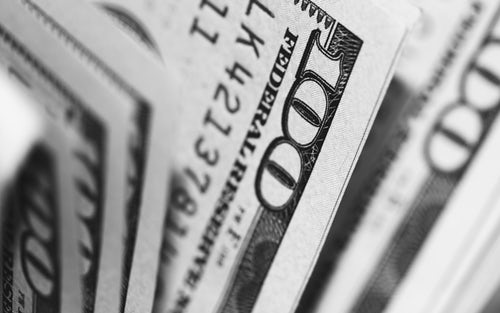
(NETWORK INDIANA) Nearly 36,000 Hoosier businesses were approved for the Paycheck Protection Program loan, or the PPP, and over $7 billion were loaned out to businesses in Indiana, before the fund dried up Thursday. But, there were no rules as to who got the money. Banks were able to decide arbitrarily.
“There’s nothing in the statute or any of the rules that would provide oversight over how they specifically process the loans as far as what customer they take first,” said Rob Scott, the SBA’s Great Lakes regional administrator.
That means there’s no first come, first served rule, or any other that governs how banks loan the money.
One person on a media call with the SBA Monday was a business owner whose application for the PPP loan was rejected. He said he heard from friends in the banking industry that some large banks were serving bigger clients first. Scott confirmed that the SBA had received similar complaints, but they are actually unable to help.
“We, as the SBA, do not have any authority to basically tell a bank, hey you need to do first come, first served. It was basically up to them.”
Scott said Congress did not build any oversight for the PPP into the CARES Act.
“They (some big banks) just failed to process some of their customers’ loans into our system,” he said, recommending a second try with the possible second round of PPP loans, which Congress has not yet passed.
You may still have options, though.
“If PNC is telling you, hey we may not get it in there, I would look to an alternative lender like a PayPal or an Intuit, or a community bank that’s in your community.”
Scott said the point of the loan is to keep people who work for small and large businesses on the payroll so they can eat and pay bills. The loans are forgivable as long as the businesses use 75 percent of the money for that purpose.
He said the number of banks that loan money for SBA programs grew from 1,400 to over 5,000 specifically for the PPP loans.
“We pay them a fee in order to do the deal,” he said. “It was not really a huge money maker for the lending insitution, compared to our traditional product.”
Though they pay the banks a fee, they are unable to control how the money is loaned. Still, Scott calls the program a success.
“The SBA approved more loans in 14 days than we did in 14 years.”




